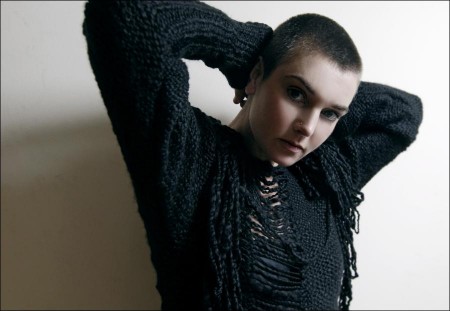Óró, sé do bheatha ‘bhaile (Irish pronunciation: [ˈoːɾˠoː ʃeː d̪ˠə ˈvʲahə walʲə]) is a traditional Irish song, that came to be known as a rebel song in the early 20th century. Óró is a cheer, while sé do bheatha ‘bhaile means “welcome home.”
Like many folk songs, the origins of this song are obscure, but several different uses of the tune and chorus can be identified.
In 1884 Mr. Francis Hogan of Brenormore, near Carrick-on-Suir, then “well over seventy years of age”, reported that “this song used to be played at the ‘Hauling Home,’ or the bringing home of a wife”. The “hauling home” was a ceremony that took place a month after a wedding when a bride was brought to live in her new husband’s home. This version only consists of the chorus.
Énrí Ó Muirġeasa also records a similar refrain in 1915 from the Barony of Farney, “but the song to which it belonged was lost before my time”. There is no mention of “hauling home” and the line that P. W. Joyce gives as thá tu maith le rátha (“’tis you are happy with prosperity [in store for you]”) is instead Tá tú amuiġ le ráiṫċe (“You’ve been gone three months”).
This song has also been associated with the Jacobite cause as Séarlas Óg (“Young Charles” in Irish), referring to Bonnie Prince Charlie and dating to the third Jacobite rising of 1745-6.
The tune appears as number 1425 in George Petrie’s The Complete Collection of Irish Music (1855) under the title Ó ro! ’sé do ḃeaṫa a ḃaile (modern script: Ó ro! ’sé do bheatha a bhaile) and is marked “Ancient clan march.” It can also be found at number 983 (also marked “Ancient Clan March”) and as a fragment at number 1056, titled Welcome home Prince Charley.
In the early 20th century it received new verses by the nationalist poet Padraig Pearse and was often sung by members of the Irish Volunteers during the Easter Rising. It was also sung as a fast march during the Irish War of Independence.
Since 1916 it has also been known under various other titles, notably Dord na bhFiann (Call of the Fighters) or An Dord Féinne. The latter title is associated with Pearse in particular. This version features the pirate or “Great Sea Warrior” Gráinne Ní Mháille (Grace O’Malley), a formidable power on the west coast of Ireland in the late 16th century.
Pearse shows his knowledge of the Jacobite version in the way he adapts it to the new independence cause. He emphasises the Irishness of the fighters by substituting native Gráinne for foreign Prince Charlie and changing Béidh siad leis-sean Franncaigh is Spáinnigh (“They’ll be with him, French and Spanish”) to Gaeil féin ‘s ní Francaigh ná Spáinnigh (“Gaels they, and neither French nor Spaniard”).
Óro, Sé Do Bheatha ‘Bhaile Lyrics
Se do bheatha a bhean ba leanmhar! B’e ar gcreach tu bheith i ngeibhinn, Do dhuiche bhrea i seilbh meirleach’S tu diolta leis na Ghallaibh.
[Chorus:]
Oro, se do bheatha ‘bhaile! Oro, se do bheatha ‘bhaile! Oro, se do bheatha ‘bhaile! Anois ar theacht an tsamhraidh.
Ta Grainne Mhaol ag teacht thar saile, Oglaigh armtha lei mar gharda; Gaeil iad fein ‘s ni Gaill na Spainnigh,’S cuirfid siad ruaig ar Ghallaibh.
[Chorus]
A bhui le Ri na bhfeart go bhfeiceam, Muna mbeam beo ‘na dhiaidh ach seachtain, Grainne Mhaol agus mile gaiscioch
Ag fogairt fain ar Ghallaibh.
[Chorus]
English Translation
Hail, oh woman, who was so afflicted,
It was our ruin that you were in chains,
Our fine land in the possession of thieves…
While you were sold to the foreigners!
Chorus:
Oh-ro, welcome home
Oh-ro, welcome home
Oh-ro, welcome home
Now that summer’s coming!
Gráinne Mhaol is coming over the sea,
Armed warriors as her guard,
They are Gaels, not French nor Spanish…
and they will rout the foreigners!
Chorus
May it please the King of Miracles that we might see,
Although we may live but one week after,
Gráinne Mhaol and a thousand warriors…
Dispersing the foreigners!
Chorus
Views: 416





